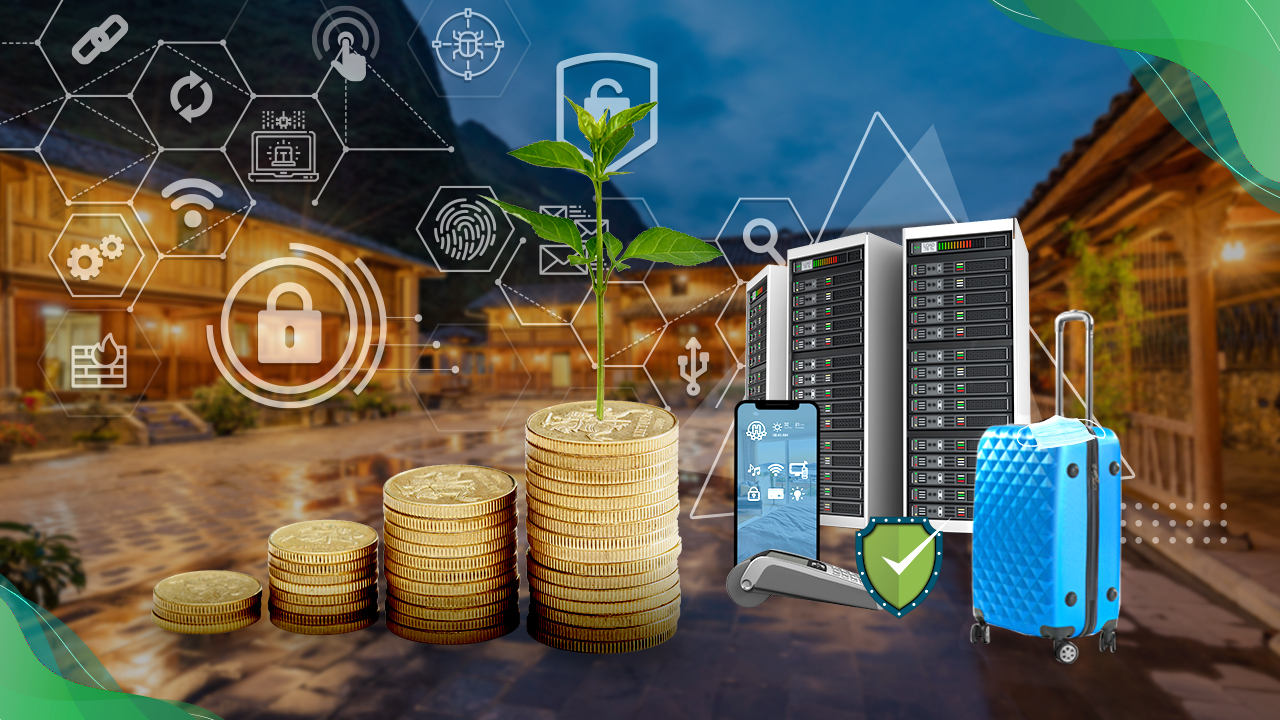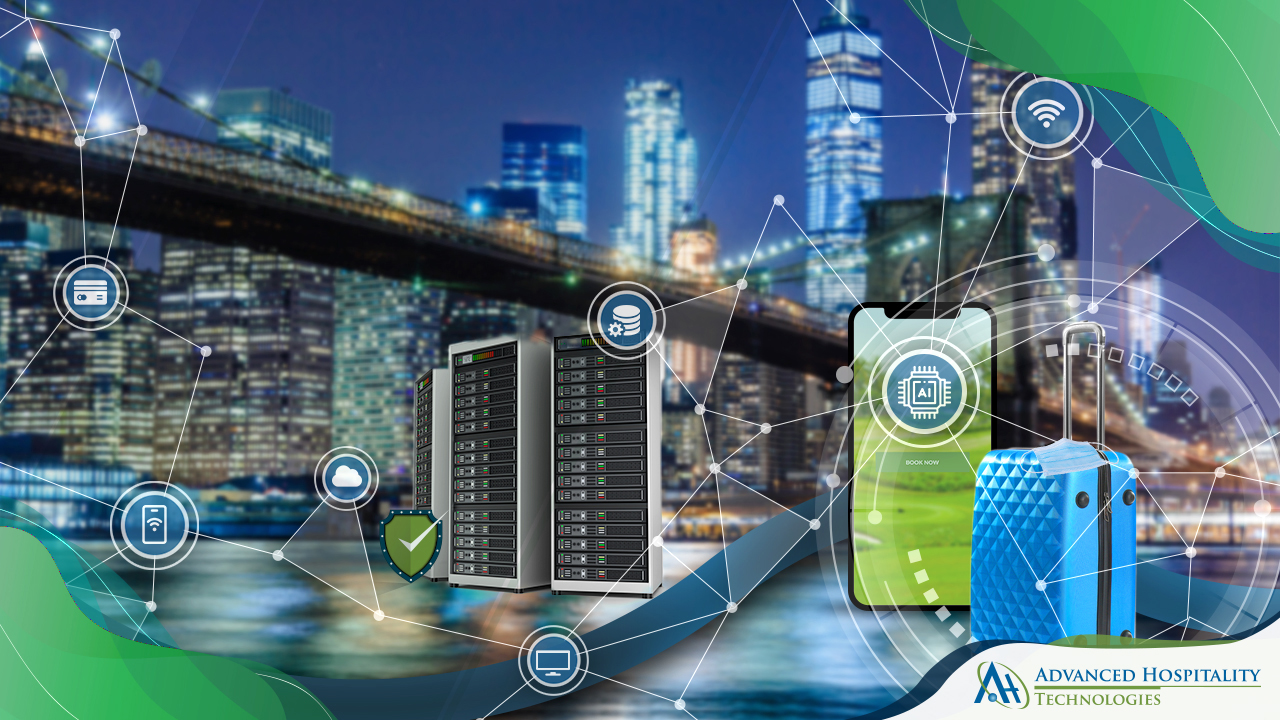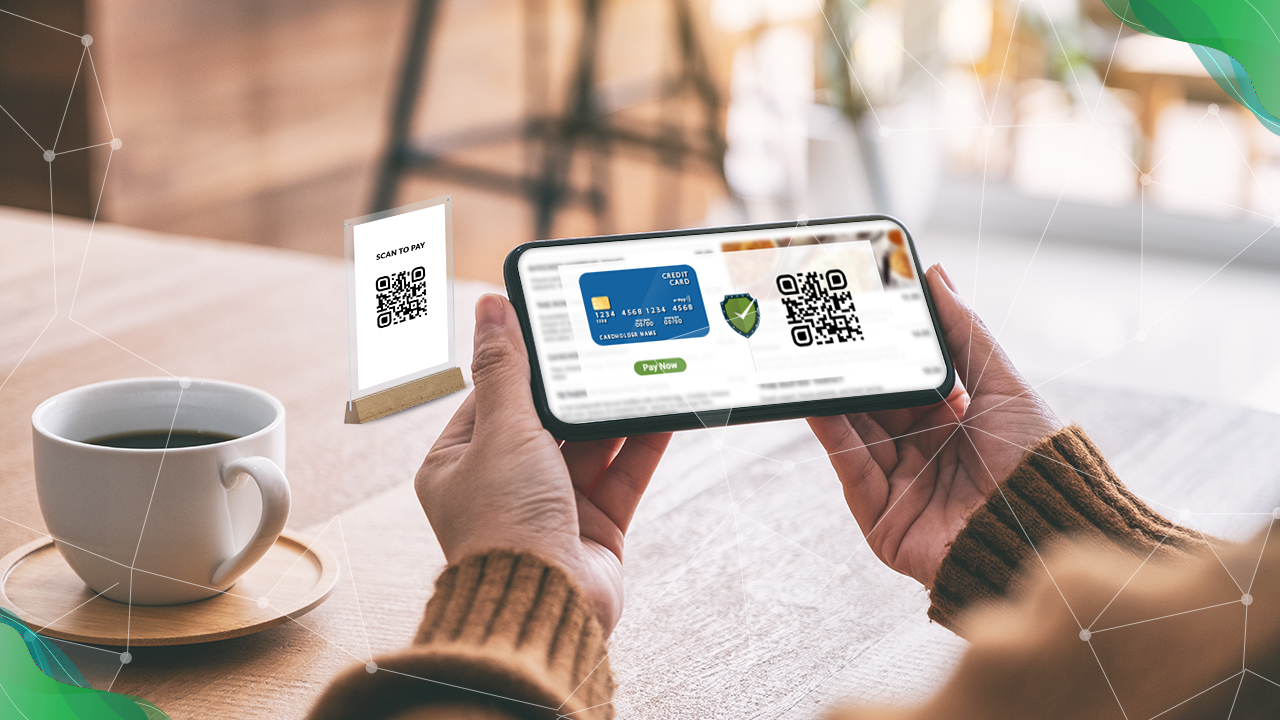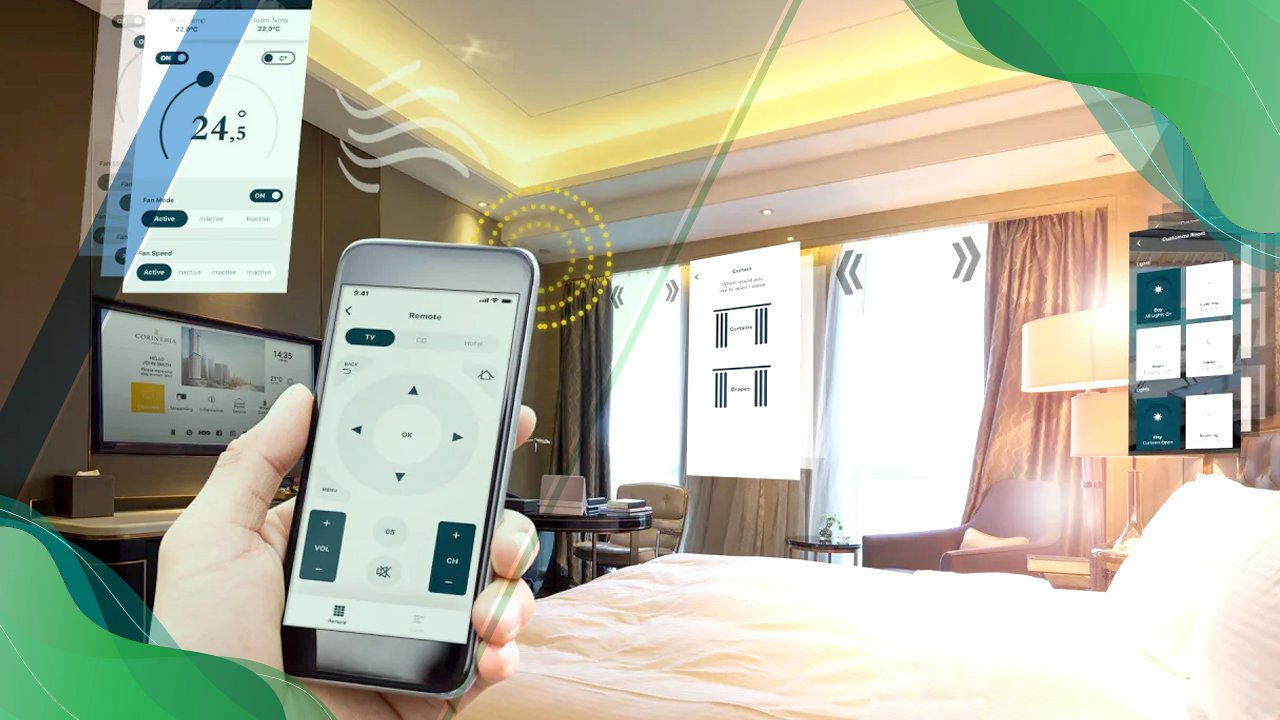Travel is returning rapidly to the US, the latest Hotelier Pulse Report indicates that although it was below June 2019 levels, travel booking rose approx. 210% compared to June 2020.
There is also great news for the hospitality industry, the report indicates, with 90% of surveyed hotels claiming they are in the recovery phase feeling no effects of the COVID19 pandemic.
The Washington Post reported on July 1, 2021 that the price of every hospitality service including cars and hotels has considerably increased. Economist Adit Damodaran for travel app Hopper is quoted in the article claiming that:
“For every single category in travel, prices are up with the exception of international airfare,”
The Hotelier Pulse report also identifies that:
“Travel disruptions in June 2021 appear to have impacted the industry’s revenue performance expectations for 2021. The number of Hoteliers who expect to increase revenue in 2021 vs 2020 has fallen sharply by approximately 16 percentage points to 54.5% (vs 70.2% in May 2021).
Hoteliers surveyed in june 2021 have significantly delayed their expectations for
financial recovery to pre-pandemic levels. For the first time in this year’s cycle of The Hotelier PULSE Report, the majority of Hoteliers (40.9%) expect to financially recover
to 2019 levels, only in 2023.”
A July 3 article from CNN Business identifies that prices in certain destinations have gone up compared to 2019 levels. As travel returns, hospitality service rates are bound to go up, with an increase in demand for rooms, cars, and flights.
Enhancing Revenue with Technology Management
Technology has already shown hospitality operators the sheer power and efficiency it can offer to their assets. From simpler QR codes to more complex data management services in the background, technology has been the leading driver for hotel management over the last two years.
Ever since the pandemic hit, hotel operators have been investing in various hospitality technologies to make guest experiences safer and more convenient without human interactions.
The Mondorf Parc Hotel in Luxembourg identified that it saw a significant increase in spa and wellness bookings thanks to their investment in in-room tablets. SuitPad, the tablet provider for Mondorf, establish in their blog that:
“This technology provides guests with a readily accessible platform through which the hotel can display key information about the spa, its availability, and the range of treatments and amenities on offer. It allows guests to make bookings in a relaxed, stress-free manner, without the need for conversations or discussions, giving them time and space to enjoy their stay.
This approach underlines the relaxing environment of a spa hotel focused on wellness. Alongside top-line information, the tablets also enable guests to dig deeper into the specifics of the hotel’s services. Not only does this encourage spa bookings, but it also enhances hotel efficiency thanks to staff having to handle fewer guest inquiries directly – with information digitally displayed.”
Similarly, QR codes have been a phenomenal breakthrough for hotels like the prestigious Tetherow Hotels & Resorts. From digital QR code check-in to QR based restaurant menus, their resorts have sustained revenues and minimized costs through effective technology management.
Technology management establishes the hotel technology stack and how this stack is managed in real time. With Property Management Systems migrating to the cloud with access to mobile versions of the software, hotel management has become sleeker and simpler.
Technology managers can easily identify services that require redesign, and even those that should be discontinued. For instance, by automating the check-in process hoteliers are saving hours of staff time, who can concentrate on high priority tasks while guests are on-boarded through digital services.
Innovative services like the digital check-in have been phenomenal in reducing the guest onboarding process itself. Hotels are actively eliminating crowded lobbies and long check-in processes through QR codes, digital apps, and web browser check-ins, cutting down onboarding times by almost 15 minutes.
Technology managers, as mentioned above, have already noticed the power of digital services allowing QR codes and apps to feature restaurant menus and in-house services directly to guests. A simple scan or scroll of the mobile app can allow guests to quickly order food, book spa appointments, and even get the latest travel information in a few seconds.
Another important tech that is allowing hotels to minimize costs is the use of mobile PMS solutions like the breakthrough ALICE Platform. These simplified mobile PMS solutions allow the hotel operator to manage all staff and local operations through a simplified interface. This not only makes management easier for the hotel operator but also allows them to centralize the management of multiple properties to one location.
The management of smart technology systems in hotels are already allowing operators to monitor and reduce costs in their assets. The use of smart sensor technology is progressing the concept of predictive maintenance in hospitality assets, allowing hoteliers to conduct maintenance before an issue occurs.
One of the most important tasks of the technology manager is to routinely test the compliance and cybersecurity of the entire hotel technology stack. This simple check allows the hotel operator to know about due upgrades, threats, and vulnerabilities for the technology infrastructure.
Conclusion
Technology management is now a core aspect of hospitality, with multiple services digitized for guests. As we move into the new year, there will be a rapid transition towards technology management as hoteliers seek to reduce costs while increasing revenue in their assets.
For more information about hotel technology management services and latest technology insights, connect with our team today.
Advanced Hospitality Technologies is a leader in Hospitality Technologies. We have an award winning benchmark for providing affordable, reliable and most advanced hospitality Technology Solutions.




